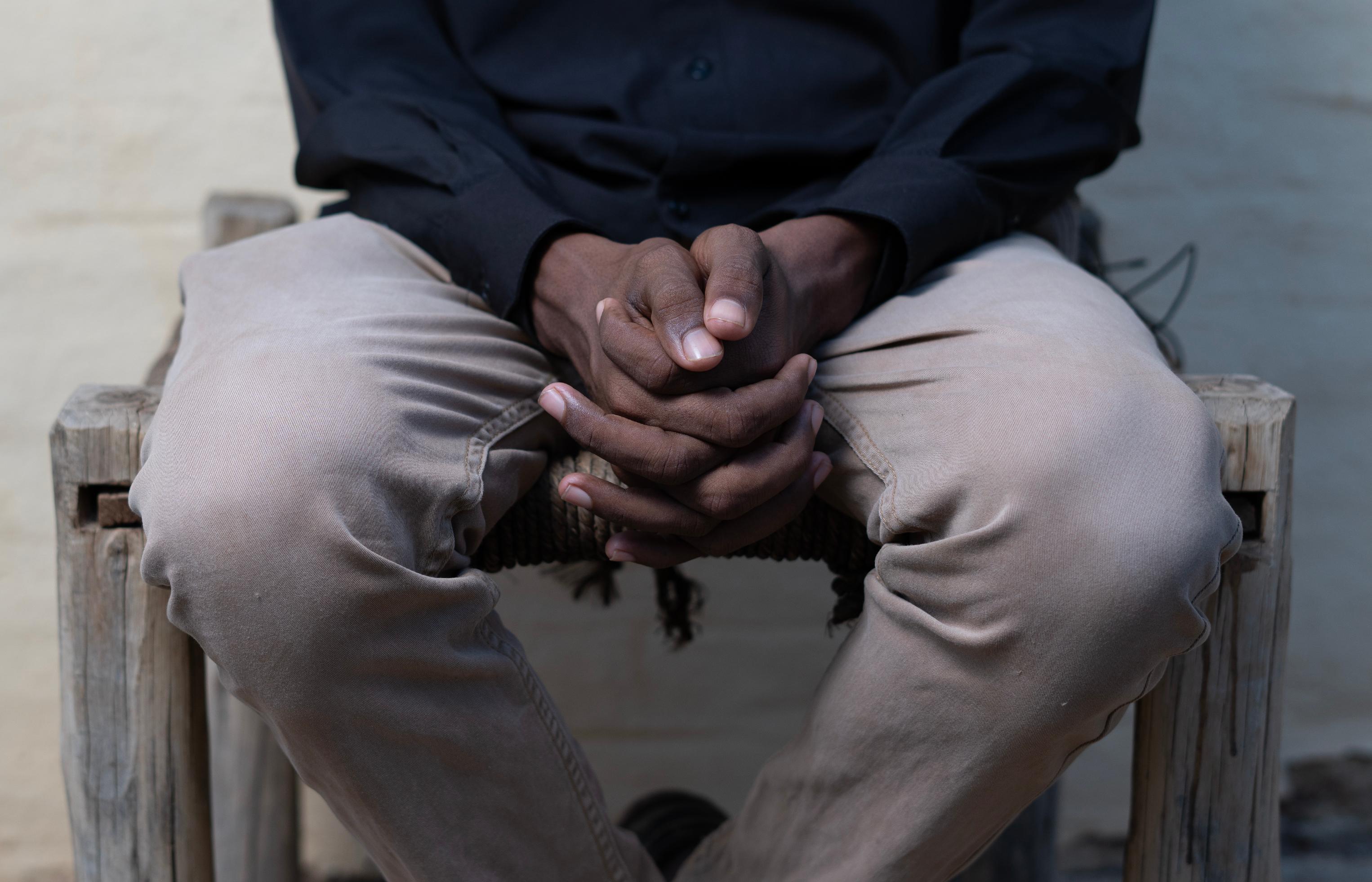
Male, Focus Group Discussant, Khartoum, Sudan
Key findings 6
Regional and international partners have played a key role in projecting democratic and constitutional order, responding to coups, and helping to prevent further instances. Nonetheless, critical questions have arisen regarding the implementation of norms and the incentives for AU member states to comply. Prevarication and inconsistency in upholding continental norms risk undermining their relevance. Efforts by the AU and RECs to uphold norms are, at times, hampered by insufficient political will among member states, creating tensions between normative principle and political interests. The very credibility of these institutions is at stake, should their legitimacy be further eroded in the eyes of African citizens.
Recommendations
International partners must demonstrate solidarity by encouraging a deepening of Africa’s democratic process , while resolving contradictions in their engagement.
Some of these at-risk contexts have seen international partners pursue security and political objectives, with scant attention to the accountability of government partners. In some scenarios, these geopolitically driven interventions have compounded the very factors that heighten coup risk. The recent coups and further risks point to a moment of reckoning. A change of direction is needed.
A sustained commitment to reaching populations, even in the face of executive-level or targeted political crisis, should be a key principle in shaping coup response.
Percentage of respondents who found the UN and the AU to have had a negative impact on the country.
- UCG
- DTS
African Union

United Nations

The data finds that approximately 30% of respondents in UCG countries felt that the AU and the UN had a negative impact as events unfolded.